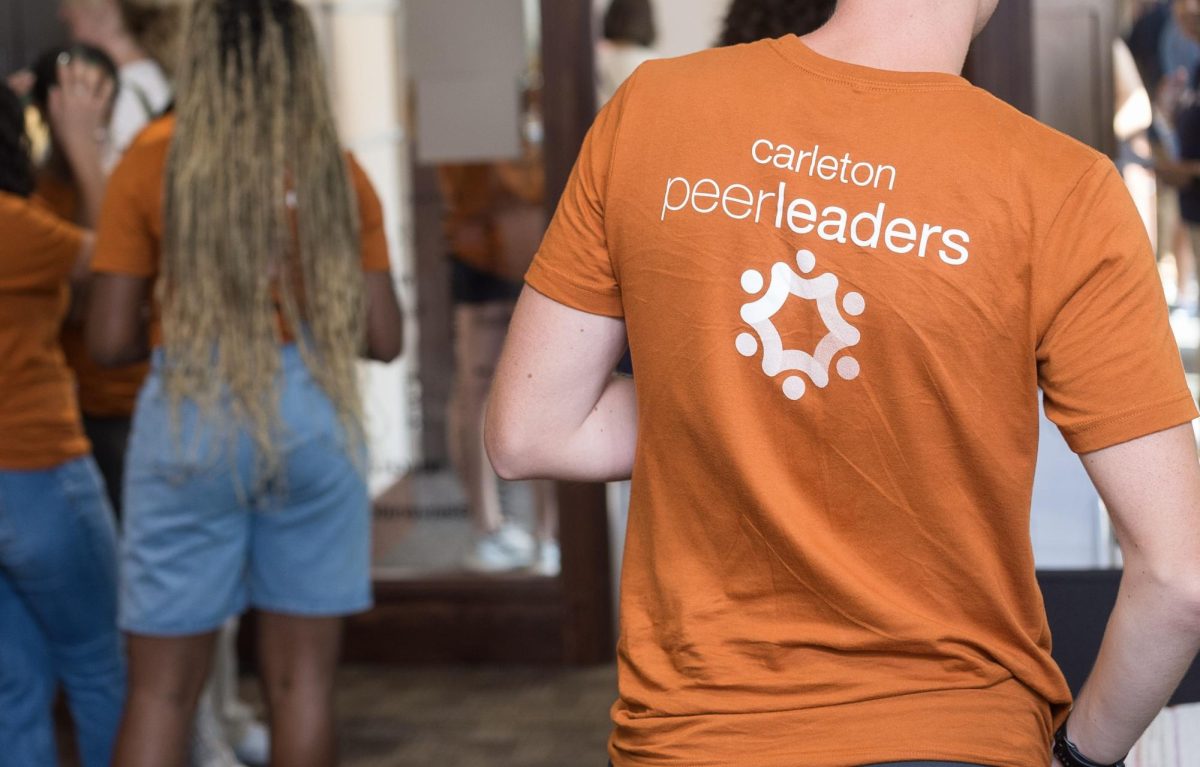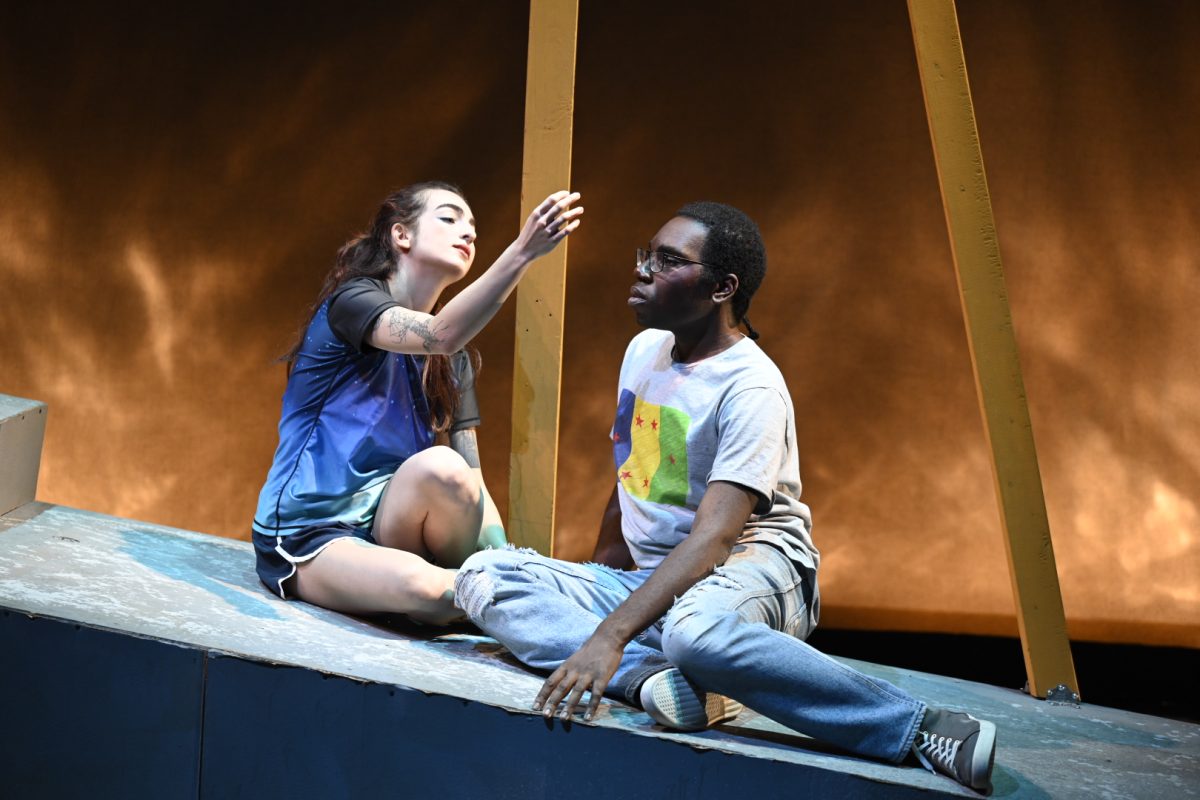As the threat of climate change grows by the day, students across the country are looking for ways to take the fight against climate change into their own hands. For many, this can take the form of political activism, reducing personal carbon footprints, or working on campus sustainability. As much as students care about the issue, many feel like it can be hard to make their voice heard among the massive conversations surrounding climate change.
Two seniors, Jonathan Elwell ’19 and Oliver Wolyniec ’19, decided to take this challenge on by creating a student-run undergraduate research journal designed to foster collaboration between undergraduate institutions and amplify the voices of some of the most environmentally passionate students in the country.
Their journal, Climate and Society, is focused on the intersection of climate change and social issues. The first issue, published in January of 2019, took on topics such as transnational climate governance, the relationship between healthcare and climate change, and the future of agricultural production in the face of climate change.
With the journal’s home in the Department of Political Science, Elwell and Wolyniec envisioned a space where students and faculty from schools across the country could engage with each other in the fight against climate change.
Looking at their editorial board, it’s clear that this goal is already being realized. Students currently on the board come from schools such as Swarthmore College, Colorado College, Smith College, Macalester College, Pomona College, Wesleyan University, and Carleton College.
Climate and Society is currently collecting papers for its next issue, and is accepting submissions on a rolling basis.
The Carletonian sat down with Elwell to hear more about how the journal was started, and his and Wolyniec’s goals in creating it.
How did the journal get started—where did the idea come from?
We talked about how most of the research and dialogue revolved around climate change as just a scientific issue. But we saw climate change as an extremely intersectional issue and wanted to create some sort of organization or group that would focus on the intersection of climate change and social sciences.
When did you realize you could make it into something more than just an idea?
We reached out to Al Montero, Professor of Political Science and Director of Advising, in the spring of 2017 and introduced the idea of an intercollegiate journal focused on the nexus of climate change and social science. He was very receptive and laid out a number of steps we would have to take to establish a legitimate, organized journal. With his guidance, we realized that the idea could become something very concrete.
Walk us through the process of starting the journal.
It was definitely a stop and start process. Over the spring and summer of 2017, we communicated with related professors at many different schools to gauge their interest in the project and ended up with a list of 26 interested colleges. Then in the fall of 2018 we established the editorial board with 13 members from seven different schools. Throughout the winter and spring of 2018, we reviewed the submissions, revised the papers, and decided which articles we’d like to publish. Then, we took the time to establish the website through the library BePress Digital Commons system. This was important to give the journal solid, legitimate, sustainable foundations. This process took us through the summer and fall of 2018 and we published the first issue in January 2019.
What was it like to publish the first issue?
It was really gratifying. Simply publishing the first issue was great. Then seeing that it was being read by people all over the world was very unexpected and really wonderful.
Who has been the most helpful or impactful in getting this started?
Al Montero with his initial guidance and advice about what would be required to establish the journal. Jason Hallen, Circulation Librarian and Library Technology Coordinator, for his countless hours of help with setting up the website.
What is the importance of the journal to you? To the Carleton community?
We see the journal as a way to connect people from different communities who are united by a common concern and interest in climate change as a social science issue. Turning it from a raw idea to an organized journal to actual publication was an extremely satisfying process.
We hope that for the Carleton community, the journal can be an opportunity for interested students to deeply engage with issues they care about and build knowledge, skills, and connections that will help them be more prepared to act on climate change related issues.














